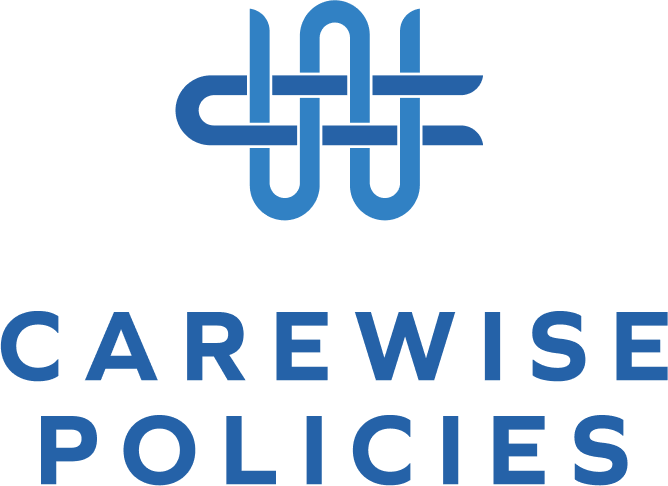- January 16, 2025
- Posted by: Hazem Elgazzar
- Categories: Blogs, Uncategorized

Iterative Approach
Ways of Policies Development
An iterative approach to policy development involves developing policy through stages, with frequent testing, feedback, and revisions. One key aspect of this approach is the involvement of stakeholders. While the team may consult with stakeholders, the focus mainly is on creating a baseline to assign objectives. Organizations may use pilot programs or phased implementations to gather insights and make adjustments before fully adopting the policy organization-wide. This starts with making an initial draft. The first version is based on current, and requirements. Example: An organization may develop an initial infection control policy that outlines hand hygiene, patient isolation, and disinfection procedures based on. After finishing the draft, the policy is piloted within the organization. This phase allows for the testing of the policy in a real environment before implementation. Example: The hospital could pilot the policy in one department (e.g., the operation room) to assess the performance and define any gaps through gathering feedback. As based on the collected feedback the policy will be revised to address any issues. Example: After receiving feedback, the hospital may review the policy to encompass additional elements that reduce the burden on staff. This approach allows organizations to be flexible in adapting policies based on real feedback. Which makes them more responsive to the organization’s needs. As well as trying policies on a small scale before implementation helps clarify gaps early and improve successful outcomes. However, this approach requires huge resources such as materials, methods, personnel, and time. This can strain the organization’s resources. One of the main challenges is uncertainty as the process involves multiple adjustments, which take longer to finalize policy.
